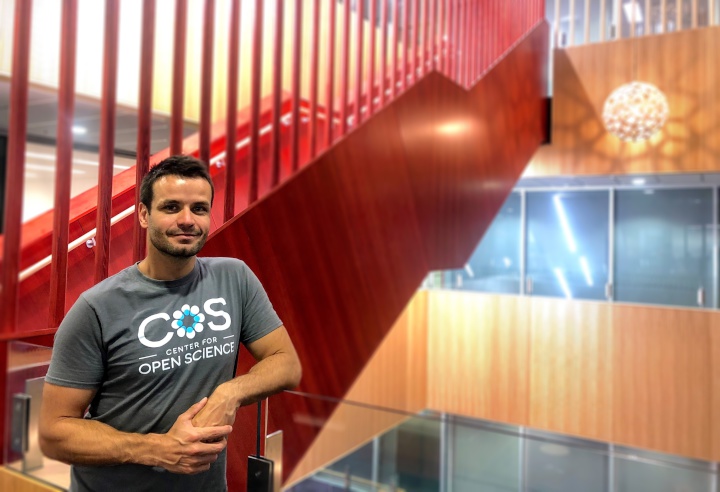Short bursts of exercise good for the brain

Dr David
Moreau
Short intensive bouts of exercise have similar
beneficial effects on the brain as longer workouts,
according to new research from the University of
Auckland.
Dr David Moreau from the University’s School of Psychology carried out a meta-analysis of 28 national and international studies involving more than 1,000 people looking at the effect exercise has on brain functioning including our ability to plan, focus attention, remember instructions and juggle multiple tasks.
“While the idea of exercising intensely for short periods has gained a lot of traction in recent years, the link between a shorter bout of exercise and things like our ability to pay attention or memorise things has never been well understood,” he says.
“Our analysis over all these studies has found that high-intensity exercise does provide improvement to brain function in a similar way to longer periods of exercise.”
The study indicates that beyond well-known effects on general fitness levels including cardiovascular health, high-intensity exercise can also be the key to healthier brains and sharper minds.
The research found the benefits of short bursts of exercise were small but significant and consistent across age groups, gender and fitness levels. Generally beneficial effects lasted up to around 10 minutes after exercise although effects lasted slightly longer in some studies.
Shorter exercise periods generally ranged from one minute to around 20 minutes. Low-intensity exercise included walking, cycling at a relatively slow pace and jogging. These were the most common forms of exercise measured across studies.
Higher intensity exercise is generally regarded as exercise that is two-thirds of your maximum heart rate, while low exercise is that which can be carried out comfortably for a longer period of time, typically for more than 30 minutes.
The findings are particularly relevant for schools and workplaces or anyone forced to be sedentary for a large part of the day, Dr Moreau says.
“One of the biggest barriers to exercise is that we don’t have the time, or we tell ourselves we don’t have the time, but this study shows all you need is a few minutes, perhaps repeated a few times a week.”
The research is published in Perspectives on Psychological Science.
ends


 NZAS: New Zealand Association Of Scientists Awards Celebrate The Achievements Of Scientists And Our Science System
NZAS: New Zealand Association Of Scientists Awards Celebrate The Achievements Of Scientists And Our Science System Stats NZ: Retail Spending Flat In The September 2024 Quarter
Stats NZ: Retail Spending Flat In The September 2024 Quarter Antarctica New Zealand: International Team Launch Second Attempt To Drill Deep For Antarctic Climate Clues
Antarctica New Zealand: International Team Launch Second Attempt To Drill Deep For Antarctic Climate Clues Vegetables New Zealand: Asparagus Season In Full Flight: Get It While You Still Can
Vegetables New Zealand: Asparagus Season In Full Flight: Get It While You Still Can  Bill Bennett: Download Weekly - How would NZ telecoms cope with another cyclone
Bill Bennett: Download Weekly - How would NZ telecoms cope with another cyclone NZ On Air: Firm Audience Favourites Lead NZ On Air Non-Fiction Funding
NZ On Air: Firm Audience Favourites Lead NZ On Air Non-Fiction Funding



